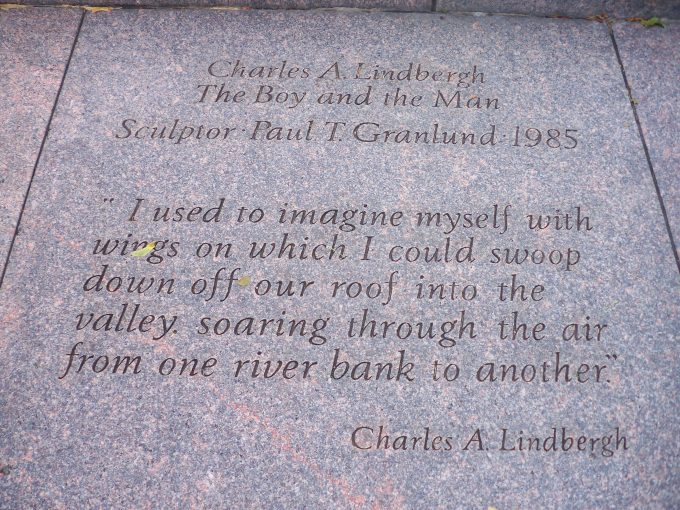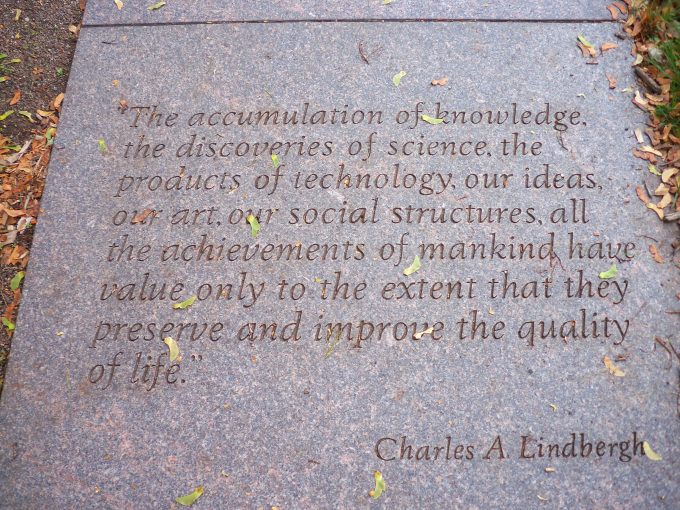
Sunday, 13 August 2017
Then we who are alive and remain shall be caught up together with them in the clouds to meet the Lord in the air. And thus we shall always be with the Lord. 1 Thessalonians 4:17
The substance of what these words mean is highly debated. The word “Then” signifies “afterwards.” In essence, what precedes is an essential precursor to what then occurs. Some argue then that there could be a large amount of time between the two events. In other words, the dead will be changed, and then at some future point those alive will be changed. This analysis is incorrect for two reasons.
First, it would mean that remaining alive until the coming of the Lord has a different value assigned to it than dying in the Lord, something the Bible never implies. Secondly, it would then contradict 1 Corinthians 15:51, 52 which clearly states that all shall be changed in in the twinkling of an eye at the sound of the trumpet. The only distinction between the dead and the living are that the dead are first raised in order to receive their glorified bodies, at which time we shall join them in that flash of a moment. The word “Then” simply means that one event precedes the other, but they are otherwise all but simultaneous.
Next, we are told that when the dead are raised, “Then we who are alive and remain shall be caught up together with them.” In this instantaneous act, we will be “caught up.” The word is harpazó, and it signifies a sudden snatching away by force. A comparable thought is someone robbing another. They don’t just grab and walk. Rather, they grab with decisiveness, and they remove themselves from the scene with all alacrity. This is what will occur with all believers, and it will be with all suddenness. We will be in this body, and then we won’t.
In this occurrence, both those who were dead, and those who are still alive at that time, will join together “in the clouds.” There is no definite article with the word “clouds,” and so it says, “in clouds.” This has led some to conclude that the believers will be gathered together to resemble clouds. The lack of the article actually seems to demand this interpretation. In Revelation 1:7, Christ is said to come with the clouds. There the article is used. If one accepts that these are believers returning with Him, then the terminology of believers being gathered as clouds fits well. It would also be a New Testament fulfillment of the Old Testament picture where the Lord descended with a cloud at Sinai.
However, the translation “in the clouds” is also a possibility. Either way, there is a joining together of the people of the church to be with the Lord, either “in clouds” due to the gathering, or “in the clouds” due to the location. It is a moment where the hopes and dreams of the people of God will be fully and completely realized. We will no longer live by faith, but by sight. We will have the reward which our faith was based upon. Paul then further describes the event as, “to meet the Lord in the air.”
Here the word is aér, and it indicates the lower air; the air we breathe. Rather than meeting on solid ground, we will meet in a place which otherwise could not support physical beings. Thus shows that our new bodies will have a completely new nature. We will be like Christ at the time of the resurrection where He could suddenly appear behind closed doors, and who ascended to the Father in front of the disciples. One can speculate all day about what these bodies will be like, but the fact that we will meet the Lord with them in the air shows that they will be completely different than what we now possess. Anyone with acrophobia now will no longer have to worry about that.
Finally, Paul says, “And thus we shall always be with the Lord.” Here, Paul doesn’t tell us whether that means in heaven or on the earth. He simply makes the statement. Depending on how one perceives the events which surround this catching away (the rapture) will dictate where one believes we will be. But without even going into that, being “always” with the Lord does not necessitate that we will physically be there with Him at all times. It can simply signify that we will always have access to Him.
A bride is always with her husband, even if she isn’t in the same room (or even in the same country) as he is at any given moment. This verse is often taken to unhealthy extremes which then turn into demanding analyses of other verses in Scripture. This should not be the case. As the Bride of Christ, and indeed we are His bride (see 2 Corinthians 11:2), we will always be with the Lord – even if not physically at His side at all times; we shall never be parted from Him.
One item of timing which does need to be addressed is that of immediately returning to earth with the Lord after this catching away. This is held to by some, but that is to be rejected outright. Paul elsewhere speaks of believers standing before the judgment seat of Christ. It would make no sense for Christ to return to judge the earth before He has first judged His people, and then dined with them at a bridal ceremony.
As a final note, this catching away is alluded to by John in Revelation 4:1 where he saw a door opened in heaven. From Chapter 1 through Chapter 3 of Revelation, the church is specifically addressed. From verse 4:2, the church is not mentioned even once until Revelation 19:11 when Christ returns. At that time, His saints are with Him. The rapture that Paul speaks of here is then logically an event which occurs prior to the tribulation period. For this, and many other obvious reasons, it is illogical to point to a rapture at any other point, including a mid-tribulation rapture. The timing of the rapture will continue to be explored in the beginning verses of Chapter 5.
Further, the Old Testament gives definite types and shadows of what God would do in this rapture event, as He does with all other major events related to redemptive history. To see the rapture-related pictures, and to understand that He has already shown us what lies ahead, you can watch this video (a sermon by a rather handsome fellow) which clearly shows this as being the case: https://www.youtube.com/watch?v=lyerjzB2EiI&t=25s
In the end, God has determined that His saints will be with Him forever, beginning with this event known as the rapture. It will then be followed by a seven-year period of wonder in His presence, and seven years of hell on earth. After that, we will we return with Him at the end of the tribulation period. This is what the Bible clearly and exactingly portrays to His people; the church, which is His bride.
Life application: The word is written. Study to show yourself approved. And have faith that it will turn out exactly as God has revealed.
Lord God, You have shown in Your word that a day is coming when Your saints will be gathered to You. It is a time just prior to the world going through seven years of absolute and terrifying destruction. But You have not appointed us to such. Rather, You have granted that we will be taken to You, there to become Your bride. While the world is destroying itself, we will be in Your marvelous presence. What a great hope and comfort this gives to us as we await that wonderful day! Hallelujah to You, O God, for the surety we possess. Amen.



